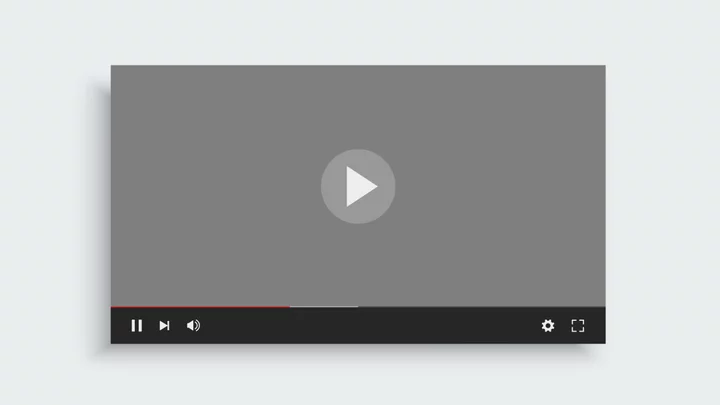YouTube will take down content featuring cancer treatments proven harmful or ineffective, as well as content discouraging people from seeking professional medical treatment, the company announced in a blog post published Tuesday.
The decision is part of the company's evolving medical misinformation policies.
"While specific medical guidance can change over time as we learn more, our goal is to ensure that when it comes to areas of well-studied scientific consensus, YouTube is not a platform for distributing information that could harm people," wrote Dr. Garth Graham, director and global head of healthcare and public health partnerships, and Matt Halprin, vice president and global head of trust and safety.
SEE ALSO: Report slams generative AI tools for helping users create harmful eating disorder contentBeginning Tuesday, the streaming platform will remove content that violates the policy. Videos on the topic "deemed harmful by health authorities" include segments that claim "garlic cures cancer" or urge viewers to "take vitamin C instead of radiation therapy."
YouTube also published a playlist of cancer-related content with a range of authorities on the disease.
In general, the company is streamlining dozens of its current medical misinformation guidelines into three categories: prevention, treatment, and denial.
The approach will apply to content that contradicts established guidance on the prevention and transmission of certain health conditions, plus the safety and efficacy of approved vaccines; content that refutes health guidance on treatments for specific conditions, including by promoting harmful substances or practices; and content that denies the existence of health conditions, like videos that dispute the fact that people have died from COVID-19.
Graham and Halprin said that content subject to YouTube's medical misinformation policies would be evaluated by public health risk, guidance from international health authorities, and whether it's vulnerable to misinformation.
Cancer treatment fits this new framework because cancer is a leading cause of death worldwide, there is "stable consensus" on safe treatments, and the topic attracts misinformation.
YouTube may make exceptions to its new policies if content is "sufficiently in the public interest." This could include a video of national political candidates disputing authoritative health guidance, or graphic footage from a humanitarian crisis or war zone.
"We want our approach to be clear and transparent, so that content creators understand where the policy lines are, and viewers know they can trust the health information they find on YouTube," said Graham and Halprin.









